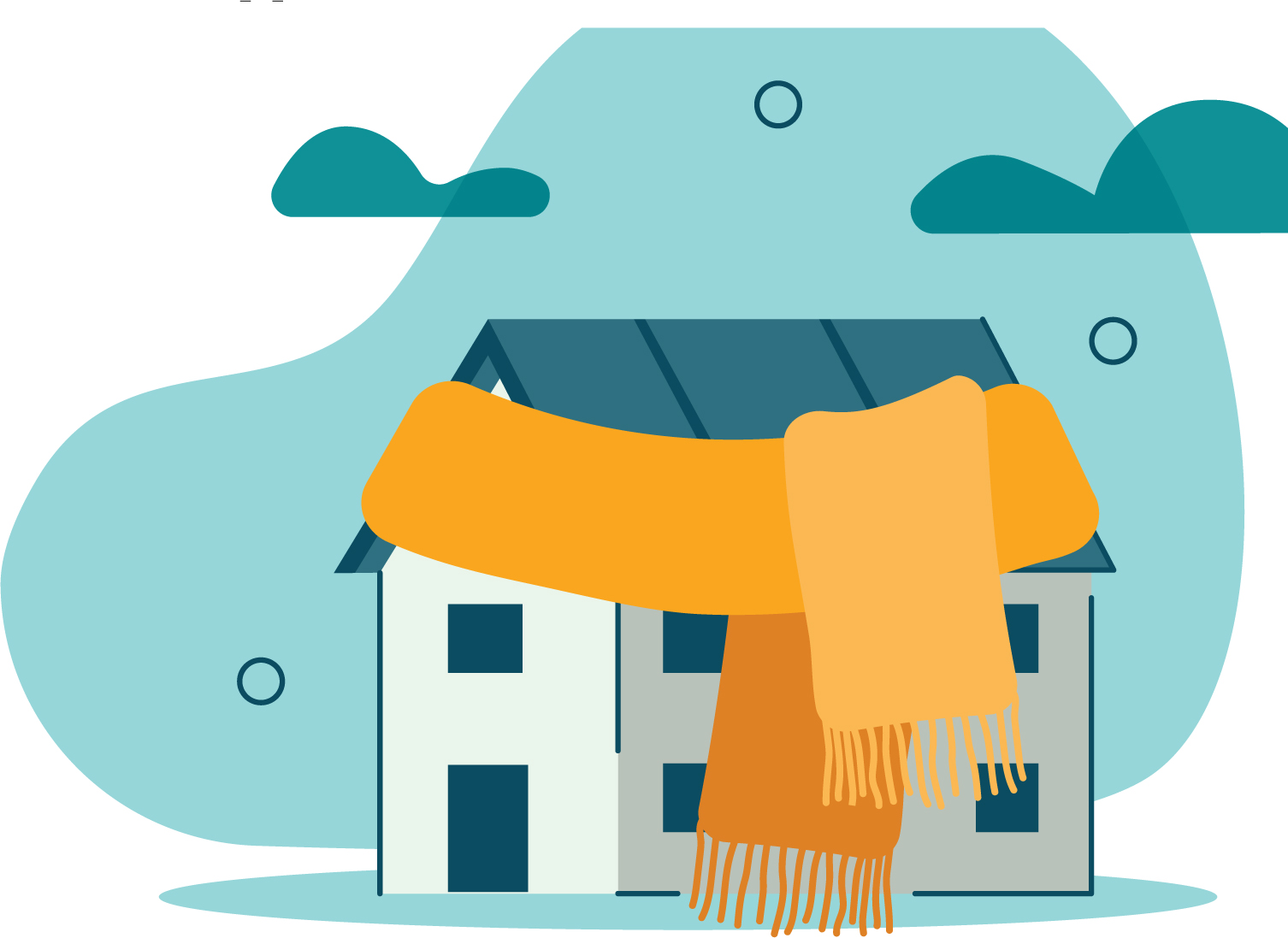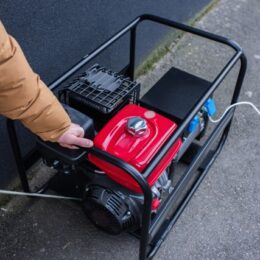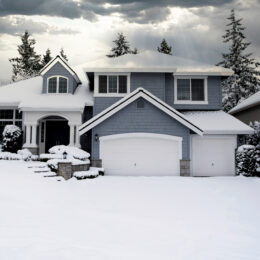
Turn off things like lights, TVs, and entertainment systems when you are not in the room or are not using them.
Lower your thermostat to 68 F (or lower) in the winter. If you decrease the temperature by just one degree, you can save up to 5% on heating costs. Consider a programmable thermostat that you can set to lower the temperature when you’re away from home and increase it before you come back. In the summer, set your thermostat to 78 F while you’re home and higher before you leave the house for the day.
Seal and insulate your home. This is the best way to keep heat in and air out. Areas that may need sealing include corners, cracks, door frames, and windows.
Turn off your ceiling fan when you’re not in the room. Ceiling fans cool people, not rooms, since they circulate room air but don’t change the temperature. A running ceiling fan in an empty room only adds to your electricity use.
Use insulated drapes, blackout curtains, or cellular blinds to minimize heat loss through your windows. Keep window shades open during the daytime so the sun can heat your home for free.
Close the curtains at night to keep the heat in. In the summer, close your drapes or blinds when it’s sunny outside to block the heat.
Your furnace’s air filter should be checked monthly and replaced at the first sign of dirt (every three to six months). Make sure you always use a correctly sized filter positioned with the airflow arrow pointing in the correct direction.
Your refrigerator and freezer should keep your food cold, but don’t set the temperature too low. The recommended temperature for the fresh food compartment is 34-40 F, and for the freezer, it’s 5 F.
Limit your hot water use. Running the hot water when it’s unnecessary sends the energy to heat it down the drain. Wash clothes in cold water and take shorter showers.
Your dishwasher uses less water — and less energy to heat the water — than washing dishes by hand. Deselect the “heated dry” option to let your dishes air-dry and you will save even more.
Audit your home. Most electric cooperatives have energy advisors who will come to your home and conduct a thorough inspection to identify things you can do to improve its energy efficiency. Give your co-op a call to find out more.



